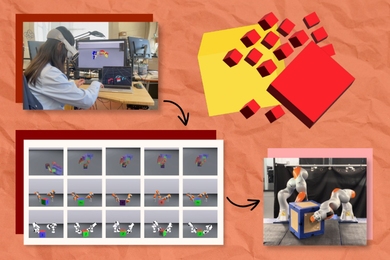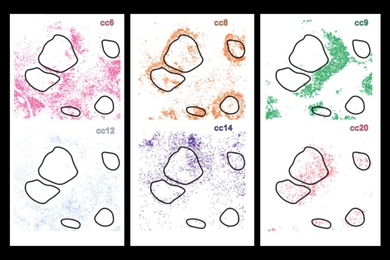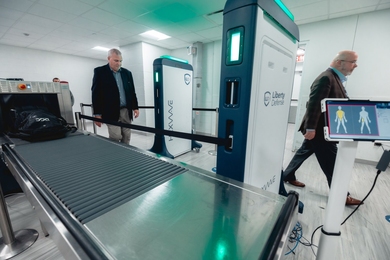The following email was sent from MIT Medical to the MIT community today by medical director Cecilia Stuopis, with consultation by associate medical director and infectious disease specialist Howard Heller.
To members of the MIT community:
On January 15, the Centers for Disease Control issued its first travel alert about the Zika virus, a mosquito-borne illness linked to birth defects and Guillain-Barre syndrome, a neurologic disorder. Zika is now endemic throughout the Caribbean and in many parts of Latin America.
Since then, MIT and MIT Medical have been taking steps to protect and inform vulnerable members of the Institute community, including pregnant women, travelers, and students participating in MIT-sponsored programs in Zika-affected areas. Given that earlier this week the World Health Organization (WHO) declared an international public health emergency in connection with the virus, we are now expanding our outreach to the entire MIT community.
Beginning today, you will be able to find MIT's most up-to-date Zika recommendations, advice, and advisories on the MIT Medical website at medical.mit.edu/zika.
Here are the most important things to know now:
- MIT Medical can arrange Zika testing for:
- Individuals who have symptoms of the virus (fever, rash, joint pain, and conjunctivitis) and have recently returned from an affected area;
- Individuals with Guillain-Barré syndrome who have recently been in an affected area; and
- Pregnant women who have recently been in a Zika-affected area.
- Other than for pregnant women, MIT Medical cannot arrange Zika screening for individuals without symptoms, even if they have recently returned from an affected area. As testing becomes more widely available, this will change.
- MIT currently has no restrictions on travel to Zika-affected areas, but students participating in MIT-sponsored programs in those areas are now required to sign MIT's Travel Risk Acknowledgement Form.
MIT Medical and MIT's International Safety and Security Program will continue to monitor the situation closely and will keep the community informed. Our clinical recommendations and the Institute's travel advice may change as the situation evolves, so please continue to check medical.mit.edu/zika for the most up-to-date information.
Sincerely,
Cecilia Warpinski Stuopis, MD, FACOG, Medical Director
Howard Heller, MD, Associate Medical Director






